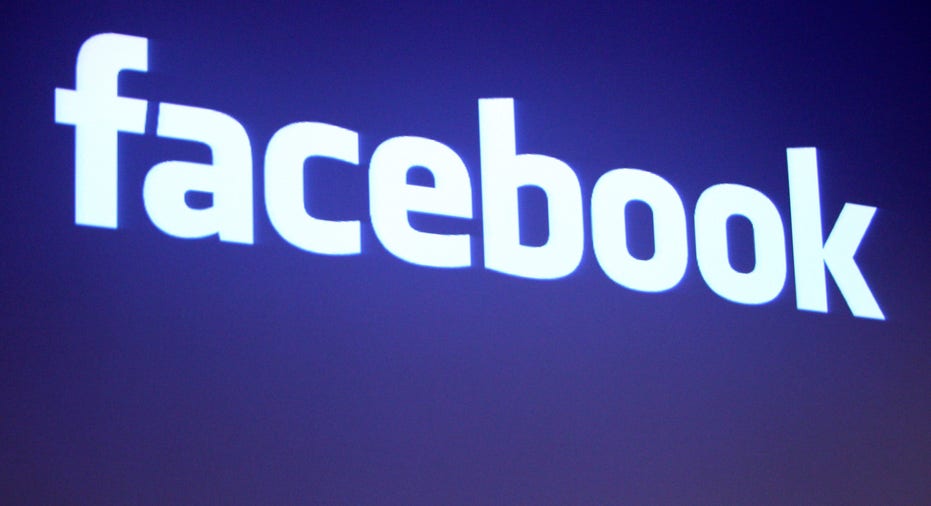Facebook Should Think Twice Before Shunning Investment Banks

Investment bankers drooling over the prospect of earnings hundreds of millions of dollars in fees from Facebook’s epic IPO might not want to get their hopes up.
That’s because the social-networking king seems to have little appetite for the conventional road to going public, leading some to wonder if it may try to launch its IPO without Wall Street’s help.
But is it wise to make an offering of this magnitude -- reportedly $10 billion -- and in this turbulent environment without the aid of a skilled investment bank like Goldman Sachs (NYSE:GS)?
“This is not a job for amateurs. Facebook should have an expert sitting on their side of the table,” said David Weild, former vice-chairman of the Nasdaq Stock Market and head of Grant Thorton’s Capital Markets Group.
Strong Brand, Name Recognition
Facebook co-founder and CEO Mark Zuckerberg has already showed a willingness to be unconventional. He’s delayed pushing the IPO button much longer than some had anticipated -- his company is expected to generate $4 billion in revenue when it debuts. So it shouldn’t surprise anyone if he decides to limit the role of investment bankers in the offering.
Part of this thinking comes from the fact that investment banks are traditionally relied upon to gin up demand from institutional investors, high-net worth individuals and hedge funds that might not have a deep knowledge of the company. That’s clearly not the case as Facebook has 800 million active users and is one of the most highly-anticipated IPOs ever.
David Ebersman, Facebook’s CFO, has expressed skepticism to bankers over what “contributions investment banks could make” because the company’s shares are already in high demand, according to The Wall Street Journal.
“Do they need it to get general awareness of the IPO or the plan? No,” said Steve Beck, founder of boutique management consultancy cg42. “They have arguably one of the strongest brands to come to market in a very long time. However, they may need outside council to articulate their long-term direction to potential investors.”
‘To Heck With the Banks’
Zuckerberg seems to realize this demand and brand awareness gives Facebook great leverage over investment banks, which are lining up to get a piece of the IPO. If the company offers $10 billion of stock, bankers, who typically split up 6% to 7% in underwriting fees, could rake in $600 million to $700 million.
These investment banks also stand to gain reputational and other benefits, such as higher commissions from investors who are angling for a slice of the IPO allocation.
Many believe Goldman had all of this in mind when it agreed to invest $450 million in Facebook and run a fundraising effort earlier this year.
“Most, including myself, believe that put them in the pole position to win Facebook’s business when it came time to file to go public,” said Scott Kessler, head of technology equity research at S&P Capital IQ.
Facebook believes it can receive a $100 billion market cap at its IPO, instantly making it more valuable than Hewlett-Packard (NYSE:HPQ) and eBay (NASDAQ:EBAY) -- combined.
“Investment banks take a pretty big tithe for their involvement,” said Roger Kay, president of Endpoint Technologies, who acknowledged investment banks help with pricing. “The company ought to be satisfied with a $100 billion valuation out of the gate. If it can get that price directly, to heck with the banks.”
I-Bankers Bring Expertise
But Zuckerberg may be overlooking some of the other reasons why companies typically hire investment banks: access to a broad and deep investor base, a large scale sales force and experts who can handle roadshow logistics and investor communications.
Facebook needs to be concerned about exactly who is buying into its IPO. Weild notes that some social-networking companies have seen their share prices tumble after their initial offerings. He said that’s because too few long-term institutional investors have been identified, leaving the stock subject to selling by short-term investors who want to make a quick buck on the influx of retail after-market orders.
“Facebook would be well-served to position itself with all the necessary knowledge, data and controls to direct the IPO allocation or they will be treated as ‘product’ by the sales organizations -- not as the client,” said Weild.
Even when companies hire an investment bank, turbulence in the markets can throw off an IPO. For example, the debut of deals site Groupon (NASDAQ:GRPN) failed to live up to initial hype as it suffered from a number of pre-IPO stumbles. Its stock has plummeted 33% over the past month.
“When everything is going smoothly, there may be little downside. But if the markets hiccup and there and bumps in the process…a seasoned banker is invaluable,” Jeffrey Bussgang, general partner at Flybridge Capital Partners and author of Mastering the VC Game, wrote in an e-mail.
“This is not a job for amateurs. Facebook should have an expert sitting on their side of the table."
There is a precedence for a high-profile tech company going public in an unconventional avenue. In 2004, Google (NASDAQ:GOOG) stirred controversy on Wall Street by using an electronic “Dutch Auction.”
While Google became the most valuable U.S. Internet IPO ever, it priced at the bottom of a significantly downgraded estimated price range.
Kessler said that while Facebook is looking to differentiate itself during its IPO process, he wouldn’t be surprised if it ultimately hires investment banks, but at lower fees.
“Even though you have the big brand, the reality is that raising money on Wall Street is not something you can just re-engineer and change over the course of a couple of weeks and months,” said Kessler.



















